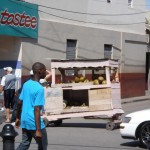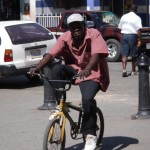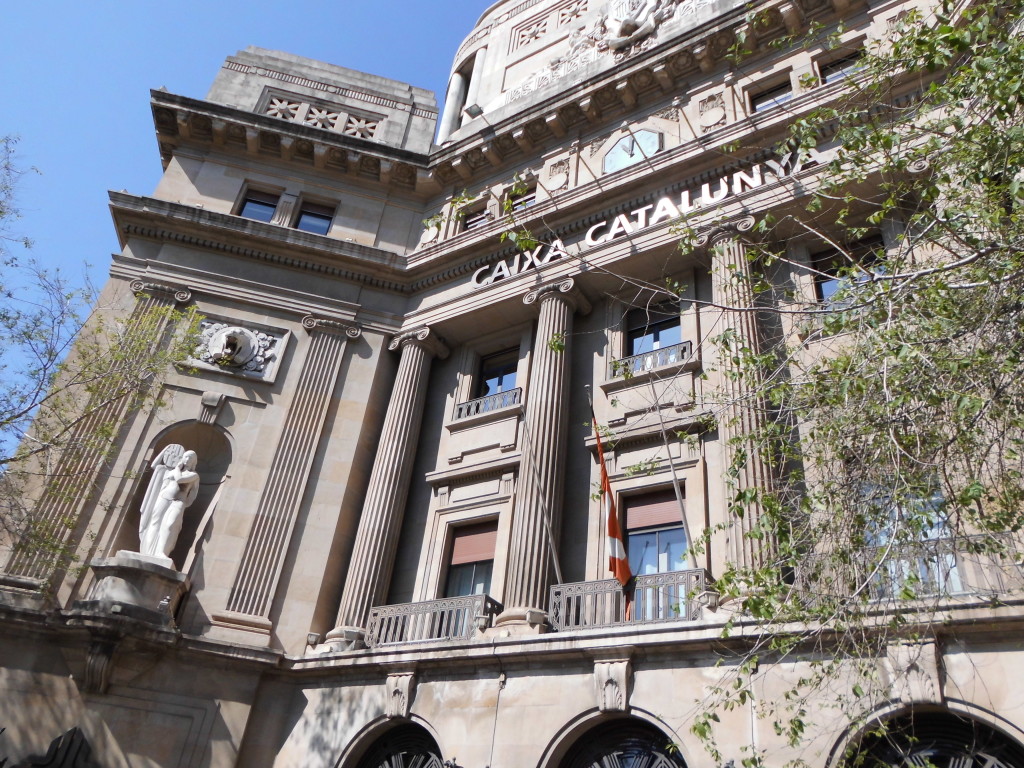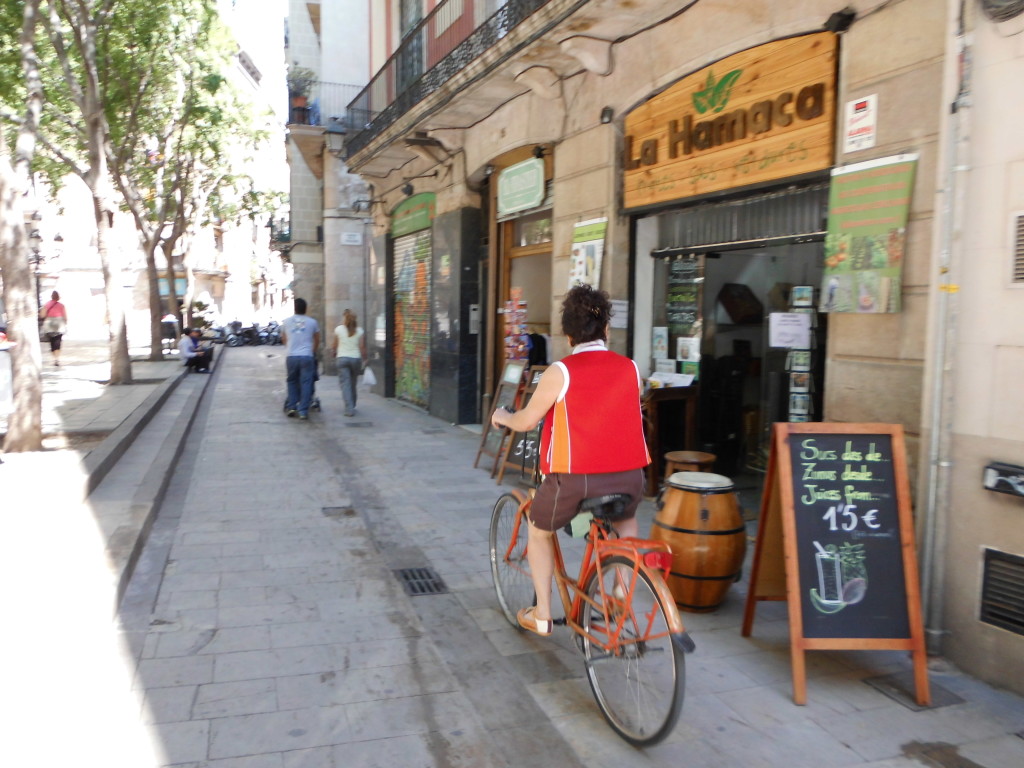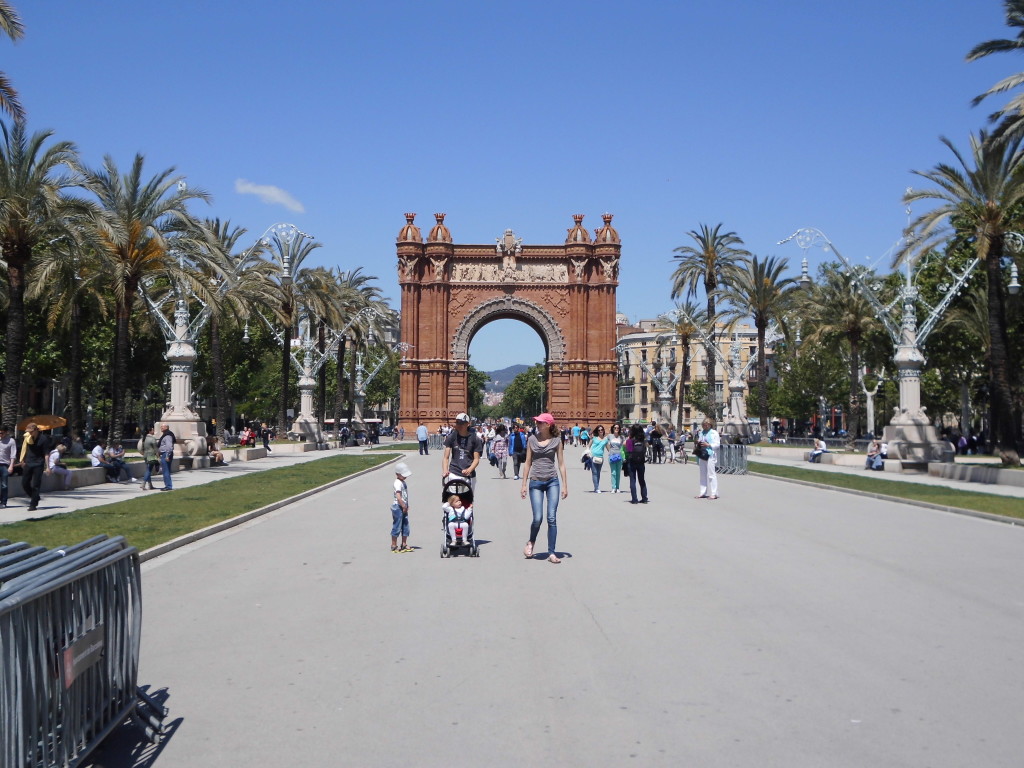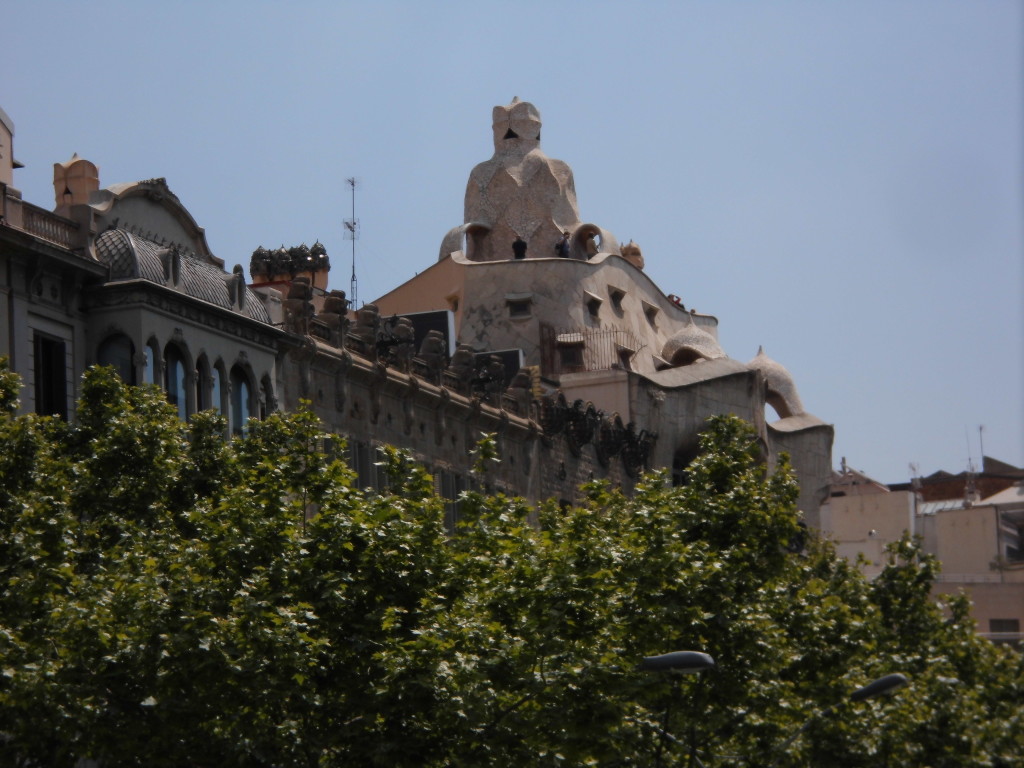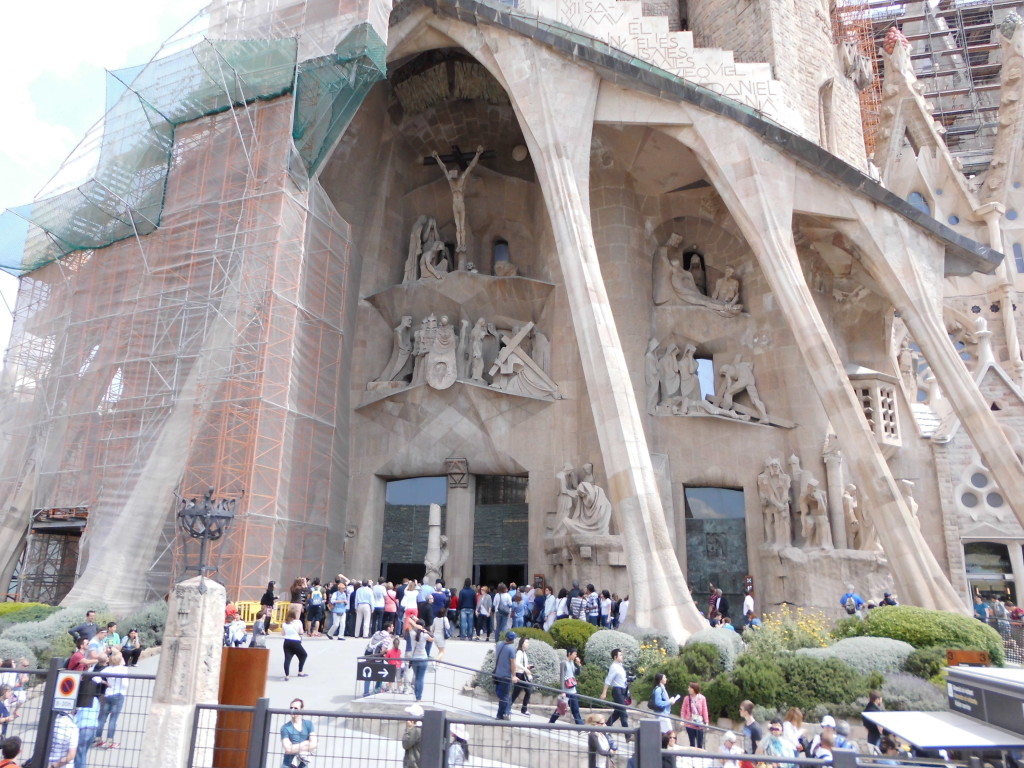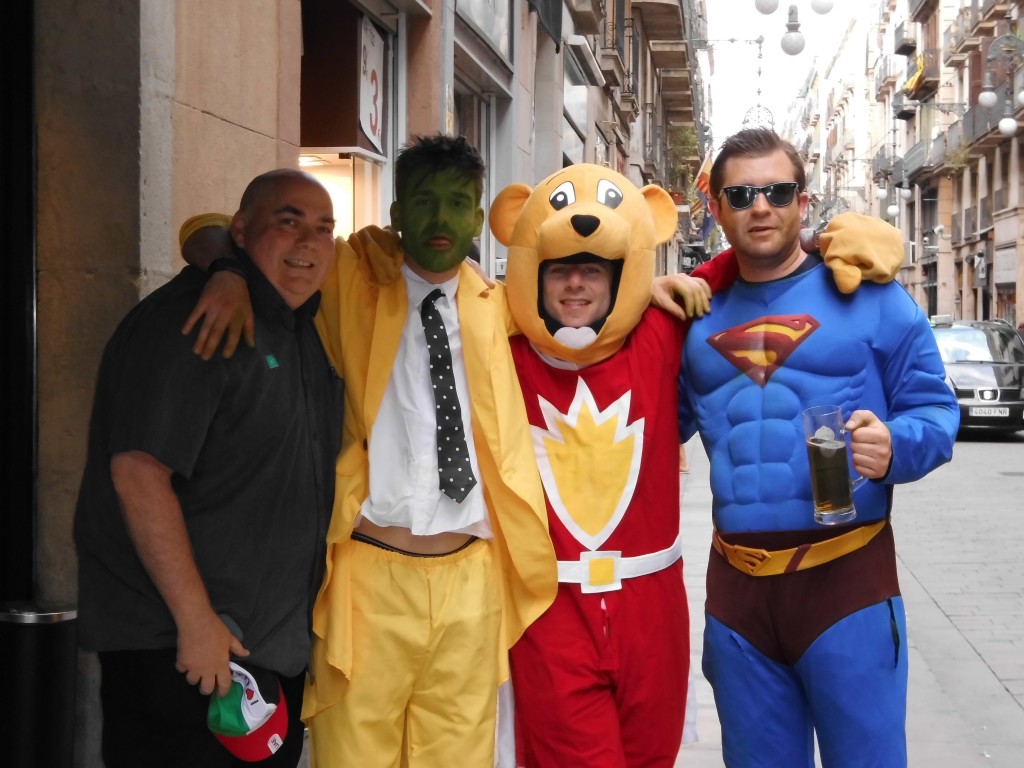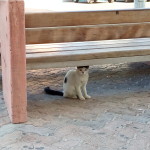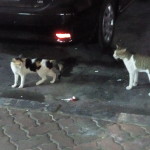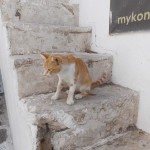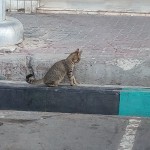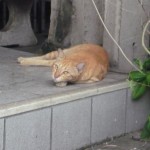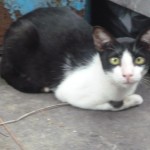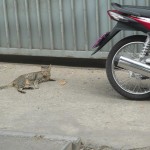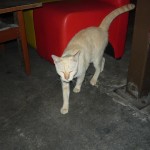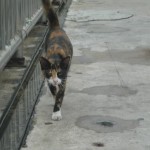First up, let me say that anybody who asserts that they would react entirely calmly if their aircraft was on fire, is a liar.
Of course there would be confusion and panic, as there was when BA Flight 2276 caught fire on the runway at Las Vegas this week.
But what struck me — and others — was the fact that so many of the passengers ignored the basic safety instructions that are drilled into them each time they fly via the pre-flight video.
The evidence for this is the pictures of passengers on the tarmac with their carry-on luggage.
Now I don’t care how valuable that thing in your bag is, I don’t want it creating an obstacle for me or my loved ones while I’m trying to get off a burning plane.
The challenge for all airlines in the wake of this is obvious. People are not paying attention to the videos, or they are simply ignoring them.
What’s the solution? Is it time to get a little graphic, I say, as they have in many countries with road safety commercials — show a bit of carnage on the screen to demonstrate how serious such an incident could be?
Or is it worth insisting that airlines change their videos more frequently, and make them more entertaining, so people don’t switch off. Air New Zealand has certainly won a lot of awards and gained some internet fame with its humorous videos. It’s hard to tell if they would be any more effective in the case of emergency, though.
The other option would be to scrap them altogether. Let’s face it, accidents are very rare and, sadly, when they happen, people often don’t have much of a chance at survival anyway.
A simple announcement that in case of emergency, it’s everyone for themselves, might just suffice.






